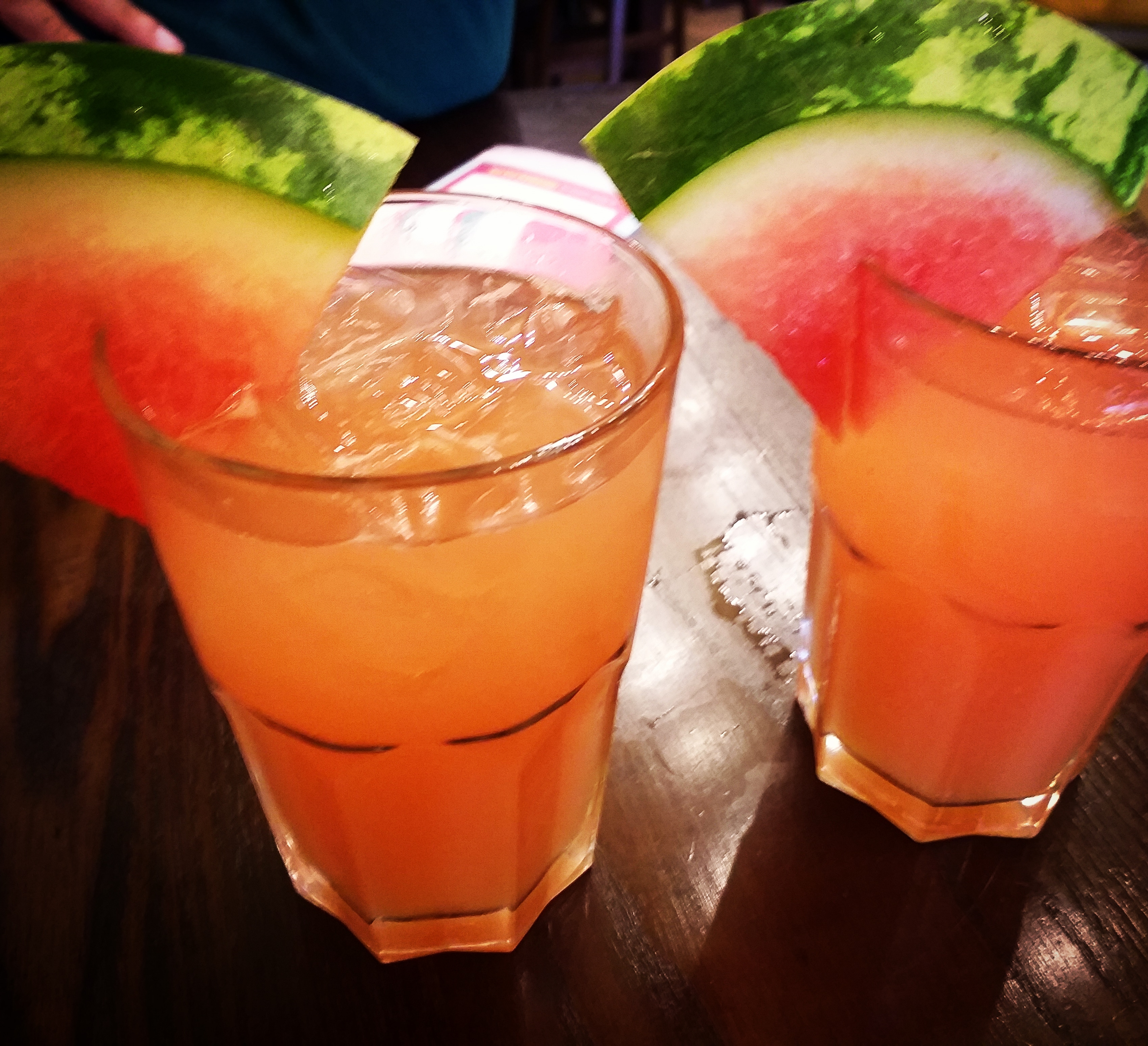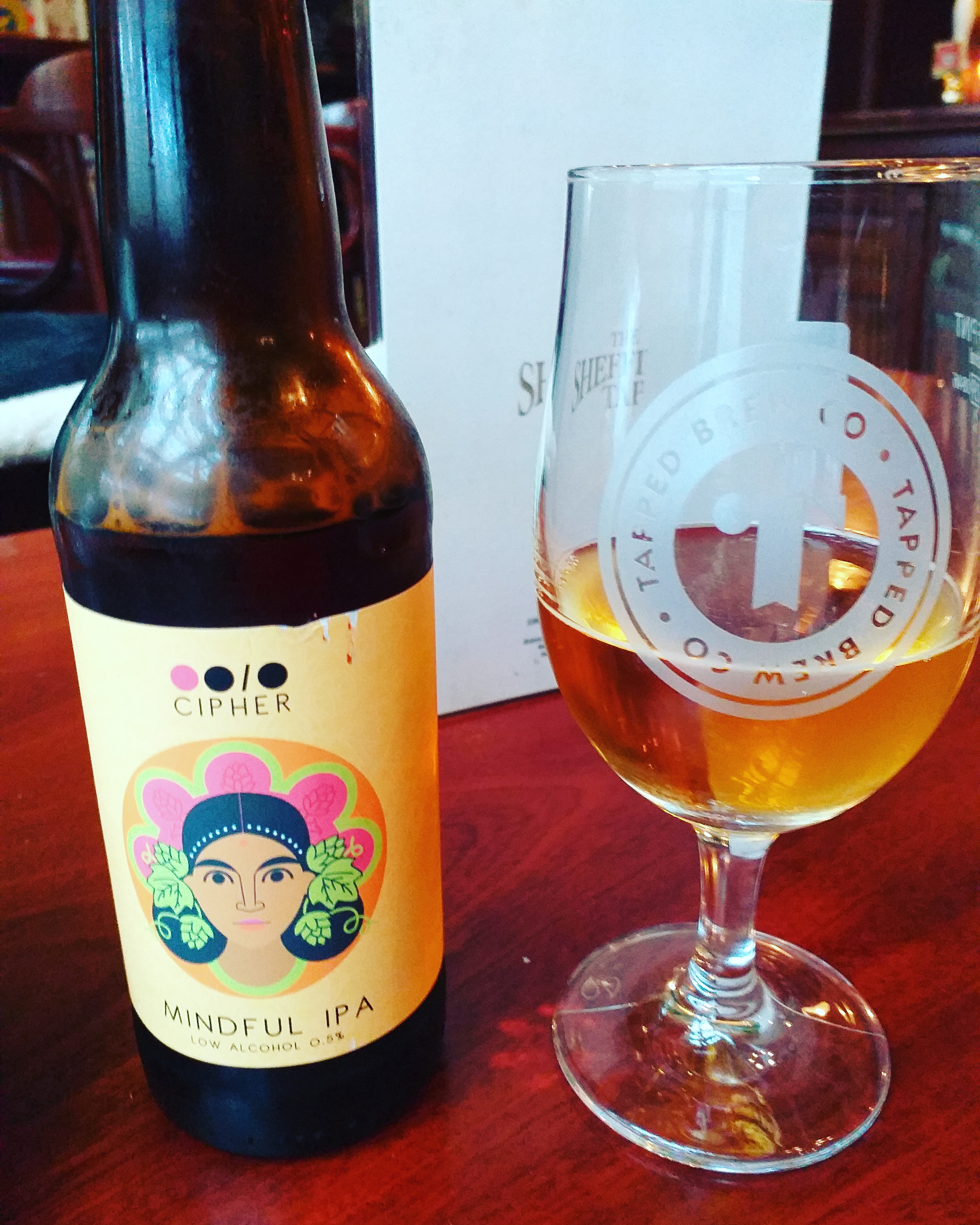This article charts the rise of a ‘Positive Sobriety’ movement, one that moves away from a ‘disease’ or ‘addiction’ centred approach and positions sobriety as a positive lifestyle choice. I explain how thinking about sobriety in this way was a crucial turning point in rethinking my own relationship with alcohol, and provide some links for those interested in finding out more.
Introduction to rethinking addiction and recovery
In this article, I examine some of the different ways of thinking about ‘alcoholism’, ‘addiction’ and ‘sobriety’. In particular, I explore the rise of what I call ‘positive sobriety’ groups and movements online that seek to move beyond more traditional models of recovery and depict sobriety as a positive ‘lifestyle choice’ rather than linking it to addiction and disease. If you are questioning your own relationship with alcohol, but find it hard to identify with traditional ideas around alcoholism and recovery (much like I did two years ago), thinking about sobriety in a different way could be a helpful step for you.
Stopping completely seemed scary
I haven’t had a drink for nearly two years. This is something that at one point felt out of reach for me. For several years prior to this, I’d been a big social drinker – and a partying student for many years – and drinking was bound up with being ‘fun’ and ‘sociable’ for me. For some time, I had tried to moderate or cut down on my drinking, but these attempts always seemed doomed to fail after a week of the best intentions. The other option – stopping drinking completely – was something that seemed scary and over the top for me. I didn’t feel that I could identify with being an ‘alcoholic’, I felt I couldn’t relate to traditional recovery and support groups such as Alcoholics Anonymous, and it would never have occurred to me to consider ‘treatment’ or rehab.
So what changed two years ago? I started to immerse myself in online groups and communities promoting ‘mindful’ approaches to drinking and sobriety that didn’t use language such as ‘alcoholic’ and ‘addiction’. These communities position sobriety not as a process of depriving ourselves of alcohol because we have some kind of condition or disease, but rather as a positive and desirable ‘lifestyle choice’ to be celebrated and shouted about. Once I started thinking about sobriety in this way and breaking those links between drinking, socialising and fun, my perceptions shifted and I was able to adopt an ‘alcohol free’ approach to life.
The ways that alcoholism, problem drinking and sobriety have been framed and considered have changed over time. Historically, heavy drinking and drunkenness were depicted as moral failings or sinful behaviours and linked to poverty, deprivation and crime. In some senses, a shift to a more ‘medical’ model of problem drinking – as promoted by traditional recovery programmes such as AA – was welcomed, as this shifted blame away from the individual and argued that alcoholism was a disease outside of one’s control. These kinds of models often depict a contrast between ‘problem’ and ‘normal’ drinkers, define alcoholism in terms of cravings and loss of control and, crucially, state that alcoholism is a ‘disease’ that cannot be cured but only halted. The only way to achieve this is through complete abstinence. In other words, the problem drinker has a lifelong medical condition, addiction or disease that requires them to stop drinking completely. For those who attend programmes like AA, this is also accompanied by a more spiritual element and a programme of working on the self and becoming part of the AA community.
Am I an alcoholic?
For many, these kinds of approaches have value. However, my frantic late night Google searches for ‘Am I an alcoholic?’ yielded results that I found difficult and that – paradoxically – had me slamming my laptop closed and carrying on as usual, because I couldn’t seem to work with or relate to a more disease-focused model of addiction and sobriety. Discovering what I call the ‘Positive Sobriety’ movement helped me to think differently. The movement is loosely comprised of a number of online groups and communities, organisations, blogs, magazines and social media accounts that avoid a medicalised approach and depict ‘alcohol-free’ living or even just drinking in a more mindful way as a conscious lifestyle choice, something to be celebrated and embraced. This approach seemed to speak to me and help me to reframe and think about sobriety not as ‘missing out’ or depriving myself, but as a positive way to look after myself and to actually get more out of life. For me, it was all about learning that I didn’t need to drink to have fun and that I could have a great time without alcohol.
Mindful drinking
You might be in a similar position to where I was two years ago. Do you feel like you drink too much and / or regularly drink more than you would like to? Do you feel regret or shame after drinking? Do you ever experience blackouts or notice that your drinking is having consequences in other areas of your life? If you find yourself answering ‘yes’ to some of these questions, finding out more about positive sobriety communities could be a good next step. A great place to start is Club Soda, the UK’s mindful drinking movement. Club Soda offers a blog, a community and a number of events, including mindful drinking festivals celebrating the best of the alcohol free drinks market. Another useful resources is the Temper, an online magazine seeking to promote a new narrative of sobriety as a ‘viable, radical, and empowering lifestyle’. Instagram hashtags such as ‘wearetheluckiest’ are often used by influencers and users to celebrate sober living, whilst Hip Sobriety explores the role sobriety can play in helping you achieve ‘your best life’ And search ‘quit lit’ on Goodreads for some of my favourite books about alcohol-free living.
Cultural shift in our relationship with alcohol
Don’t just take my word for it that these groups, resources and approaches are useful and valuable. Researchers have suggested that we are seeing something of a ‘cultural shift’ in our relationship with alcohol in the UK. Rather than thinking about drinking in black and white terms (so you must be either a ‘normal’ drinker or an ‘alcoholic’) there has been much discussion of ‘grey area’ drinking that recognises all of our relationships with alcohol exist on a spectrum. And as I’ve argued elsewhere , young people in the UK are drinking less than previous generations. A report on youth drinking shows that abstinence rates among 16-24 year-olds rose from 10% to nearly 25% between 2001 and 2016, with young people holding less positive attitudes towards drunkenness than older people. Other shifts include the huge surge in the popularity of ‘dry months’ such as Dry January and Sober October.
Sobriety as a positive lifestyle choice
I’ve recently carried out research with women in the UK ranging in age from their 20s to their late 50s who define as former ‘moderate to heavy’ drinkers and have been sober for 6 months to 2 years. A striking finding was the ways in which many of the participants were wary about the potential stigma and judgement that come with labels such as ‘alcoholic’. All participants framed their sobriety as a positive lifestyle choice linked to happiness, self-growth and changes in other areas of their lives, and all had got sober outside of rehab or other treatment programmes. They stressed that they like to use the term ‘alcohol free’ to talk about their lives, as this suggests something positive and a sense of ‘freedom’ rather than deprivation or missing out in any way. In this sense, it was interesting for me to see how much the experiences of these women echoed my own.
Relationship with alcohol
A final caveat - I am not saying this approach will work for everyone who wants to think differently about their relationship with alcohol. Some people are able to moderate successfully after years of heavy drinking. Others may need to detox under medical supervision, may require support from their GP or other forms of treatment, and may find traditional support groups such as AA are absolutely the right methods to support them in sobriety. I am not a medical professional, and anyone who is drinking very heavily and seeking to reduce or stop completely should consider speaking to their GP as – for some – going cold turkey can be dangerous and come with symptoms of alcohol withdrawal. If in doubt, seek medical advice.
Telling different stories
These ways of thinking about sobriety are not the ‘be all and end all’, they are not going to work for everyone and they are not the only approaches to consider. However, in my opinion, anything that helps us to think about alcohol differently, to tell different stories about sobriety and to challenge the dominant, booze-saturated drinking culture in places like the UK is certainly to be welcomed.



